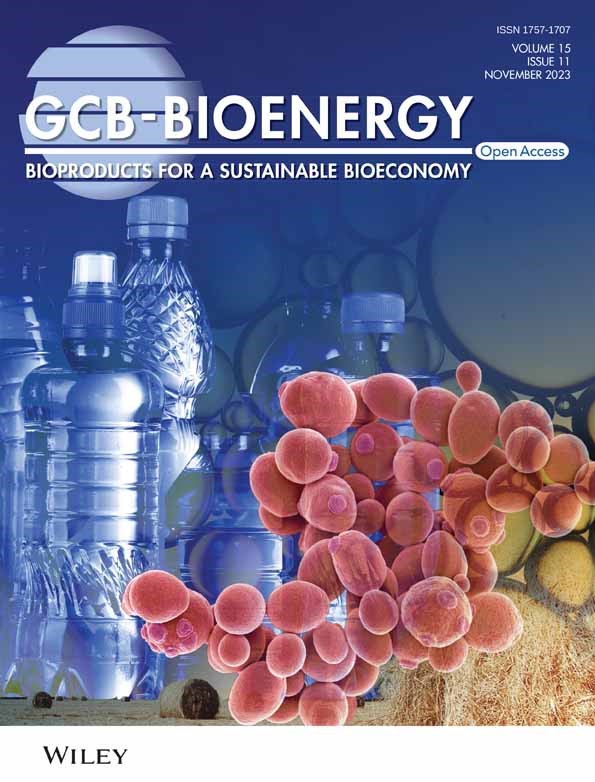New paper published! Biomass potential from agricultural residues for energy utilization in West Nusa Tenggara (WNT), Indonesia
New paper published in prestigious GCB Bioenergy: Bioproducts for a Sustainable Bioeconomy journal by Hidayatul Fitri from BRT
West Nusa Tenggara (WNT), an Indonesian province celebrated for its contributions to rice, corn, and cacao production, is experiencing a natural consequence of its agricultural success: an increasing volume of agricultural residues. As crop yields surge, so does the residue left behind. This research seeks to address a pivotal question: Can these agricultural byproducts be used to meet the region's energy needs?
The study commenced with a comprehensive analysis of WNT's agricultural sector. We meticulously examined the province's agricultural output and the quantity of underutilized residues. Through calculations, we unveiled the potential within this biomass resource. Notably, residues from prominent crops such as paddy straw, corn straw, and corn cobs constituted a substantial share of the available biomass, with proportions of 85.91%, 82.26%, and 88.25%, respectively.
The investigation focused even deeper into the rich agricultural landscape of WNT. The province have a diverse array of agricultural residues stemming from superior commodities like rice, corn, coffee, coconut, and cacao. By assessing the total heating value (THV) of these residues, can be estimated a staggering 42.4 PJ, underscoring the substantial, yet untapped, energy resource present.
What does this all signify?
This study underscores the promise of utilizing biomass for bioenergy resources, particularly in the context of WNT. It provides a viable avenue for diminishing the region's dependence on unsustainable energy sources such as coal and fossil fuels. By using agricultural residues for bioenergy production, the province stands to make significant strides in sustainable agriculture and energy management, charting a course towards a greener, more eco-conscious future.
In the landscapes of West Nusa Tenggara, agricultural waste emerges as a transformative force with the potential to drive sustainable energy practices.
With innovative strategies and a resolute commitment to reducing reliance on non-renewable energy, this province is poised to leverage the latent energy within nature's remnants, illuminating a path to a more sustainable and environmentally friendly tomorrow.
Congratulations to Hidayatul Fitri, PhD student at the Biogas Research Team, who is a first author on this output!
The article is available here.
Citation:
Fitri, H., Gürdil, G. A., Demirel, B., Cevher, E. Y., & Roubík, H. (2023). Biomass potential from agricultural residues for energy utilization in West Nusa Tenggara (WNT), Indonesia. GCB Bioenergy.


